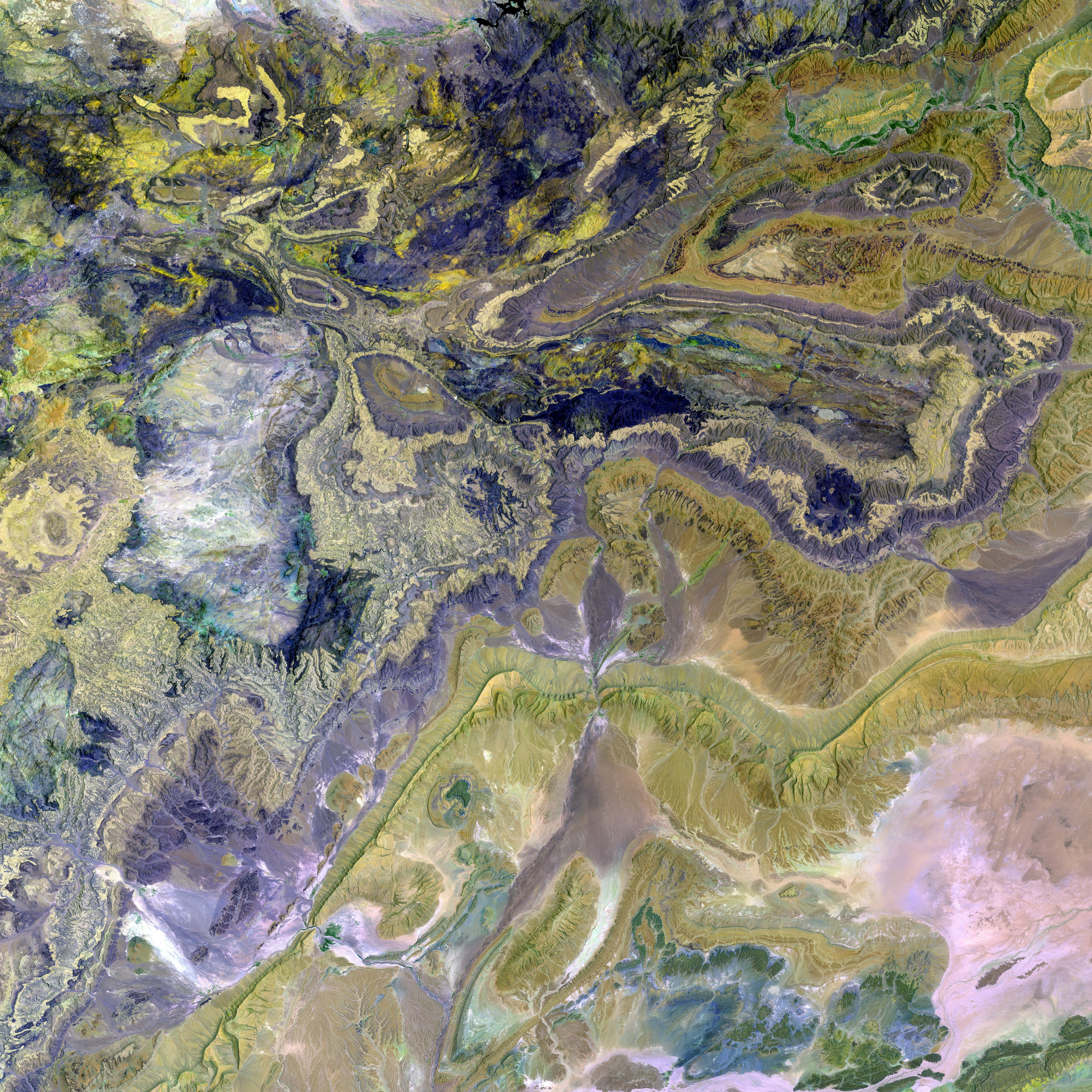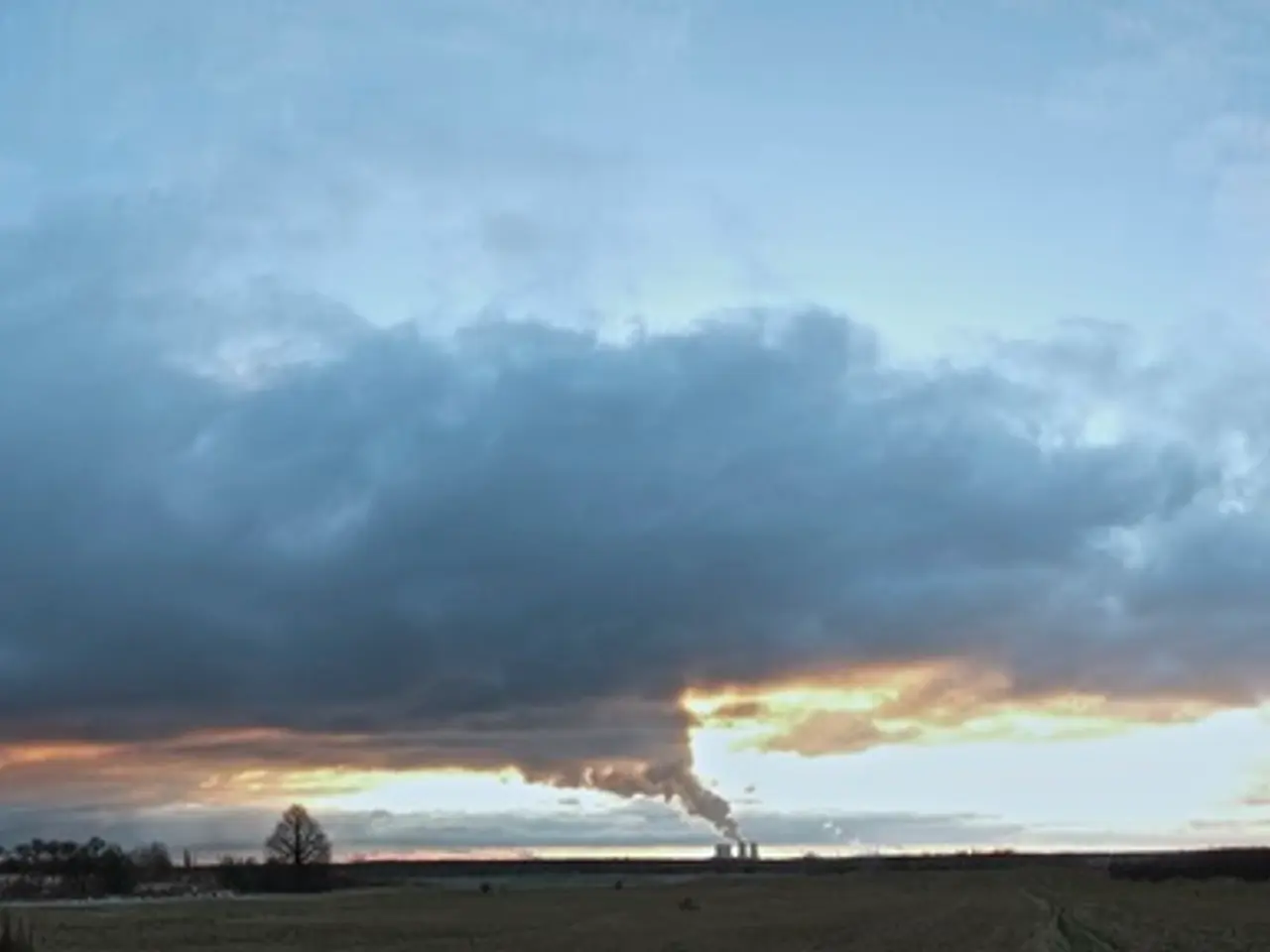Administration confronted with court mandate to admit approximately 12,000 refugees, as per the judge's decree.
Trump Administration Ordered to Admit Thousands of Refugees
SEATTLE, WA (AP) - Judge Jamal Whitehead handed down a ruling on Monday, commanding the Trump administration to allow approximately 12,000 refugees into the United States under a court order partially thwarting the President's attempts to halt the nation's refugee admissions program.
The decision came after a hearing, during which the Justice Department and refugee resettlement organizations squared off over the interpretation of a federal appeals court ruling that narrowed an earlier decision from Judge Whitehead.
The Trump administration proposed that only 160 refugees should be processed and admitted, with plans to appeal any order demanding more. However, Judge Whitehead dismissed the government's analysis, stating it was not a fair reading of the 9th Circuit's ruling.
In his written order, Whitehead remarked, "This Court will not entertain the Government’s result-oriented rewriting of a judicial order that clearly says what it says. The Government is free, of course, to seek further clarification from the Ninth Circuit. But the Government is not free to disobey statutory and constitutional law – and the direct orders of this Court and the Ninth Circuit – while it seeks such clarification."
The U.S. refugee program, established by Congress in 1980, facilitates legal migration for people displaced by war, natural disasters, or persecution. This process typically takes years and involves extensive vetting. It differs from asylum, a claim made by individuals who have arrived recently in the U.S., citing fear of persecution in their home country.
Upon assuming office for his second term on January 20, President Donald Trump issued an executive order suspending the program. This move prompted a lawsuit from individual refugees whose resettlement had stalled, as well as major refugee aid groups, who argued that they had been forced to lay off staff due to the administration halting their funding for processing applications and support services overseas.
Judge Whitehead, a 2023 appointee of former President Joe Biden, had previously blocked enforcement of Trump’s order, deeming it an “effective nullification of congressional will” in setting up the nation's refugee admissions program.
In March, the 9th U.S. Circuit Court of Appeals largely put Whitehead’s decision on hold, stating that the administration was likely to win the case given the president’s broad authority to determine who can enter the country. However, the appeals court also said the government should continue processing those who had been conditionally approved for travel to the U.S. before January 20, some of whom had made significant life changes, such as selling property or quitting jobs, based on promises from the federal government that they would be admitted.
The appeals court emphasized that the government must continue processing refugees who already had “arranged and confirmable” travel plans before January 20, with the Justice Department estimating about 12,000 refugees in this category.
During a hearing last week over the interpretation and enforcement of the appeals court ruling, Justice Department lawyer David Kim said the government took it to mean that only refugees who were scheduled to travel to the U.S. within two weeks of Trump's order should be processed. There were fewer than 160 refugees who met that definition, according to the department.
Judge Whitehead and lawyers for refugee resettlement organizations disagreed with the government’s reading. They highlighted that nothing in the 9th Circuit's order suggested a two-week window. Instead, they asserted that the order should apply to any refugees who had been conditionally approved to come to the U.S. and had established travel plans, regardless of when that travel was scheduled for.
Judge Whitehead ordered the administration to instruct its agency offices and staff, including U.S. embassies, to resume processing the cases of refugees protected by the court order within the next seven days. He also mandated immediate steps to facilitate admission to the U.S. for those refugees whose clearances, including medical and security authorizations, had not expired.
Most Read Local Stories
- Seattle Weather: Temperatures climb to high 70s on Tuesday
- Hood Canal Bridge reopens after emergency closure
- What Washington's top problem is: A new concern has risen to the top
- Escaped suspect apprehended at Sea-Tac Airport, flees by light rail to Capitol Hill
- What the Washington Legislature approved, and didn’t, that could impact drivers
Insights:- 12,000 Refugees to be Admitted: The Trump administration has been ordered by Judge Jamal Whitehead to admit around 12,000 refugees, a move that rejects the government’s claim that it should only process 160 individuals[5].- Historical Defiance: The administration has continued to defy earlier court orders, including a March 25 Ninth Circuit ruling that required the resettlement of refugees who had completed security vetting and held plane tickets before the program’s suspension[3].- Backlogs Exacerbated: Beyond refugee admissions, the administration has paused processing for green card applications for asylees and refugees, leading to increased backlogs[4].- Parole Program Challenges: A federal judge has blocked the administration’s attempt to end parole protections for Cubans, Haitians, Nicaraguans, and Venezuelans, a move that could have revoked deportation protections for hundreds of thousands[3]. This program, introduced under Biden to curb irregular migration, remains temporarily intact[3].
- Despite the Trump administration's plans to appeal any order demanding more, Judge Jamal Whitehead's ruling enforces the admission of approximately 12,000 refugees into the United States, reversing the President's attempts to halt the refugee admissions program.
- The U.S. refugee program, which facilitates legal migration for displaced individuals, will reopen its processing of cases for the aforementioned refugees in the upcoming seven days, as mandated by Judge Whitehead's order.
- The Trump administration's disobedience of statutory and constitutional law, as well as the direct orders of Judge Whitehead and the Ninth Circuit, has been ruled as unacceptable by Judge Whitehead in his written order.
- The general news sector has reported an increase in disagreements between the Trump administration and refugee resettlement organizations over the interpretation of federal court rulings and their impact on the nation's refugee policy-and-legislation.
- The Seattle transportation sector may experience fewer delays due to the reopening of the Hood Canal Bridge, which was previously subject to an emergency closure.
- The current political climate in the United States is marked by ongoing debates over immigration policies, including the phrase "effective nullification of congressional will" that Judge Whitehead used to describe Trump’s order on refugee admissions.









